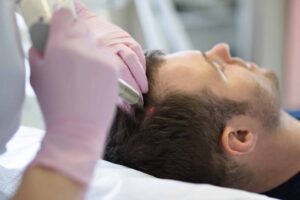
Female Pattern Baldness: Causes and Solutions
Female Pattern Baldness: Causes and Solutions Female pattern baldness is a common problem that affects many women. It can cause a great deal of emotional stress and affect self-esteem. The good news is that there are many treatment options available,









